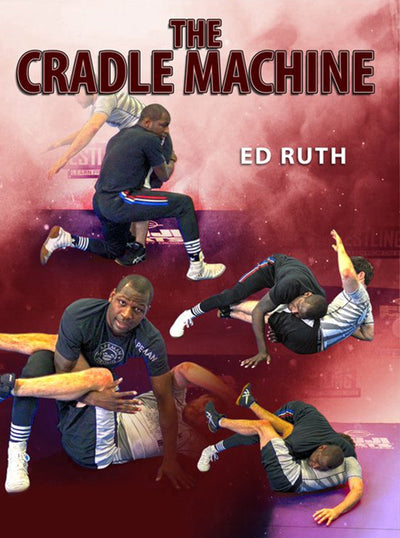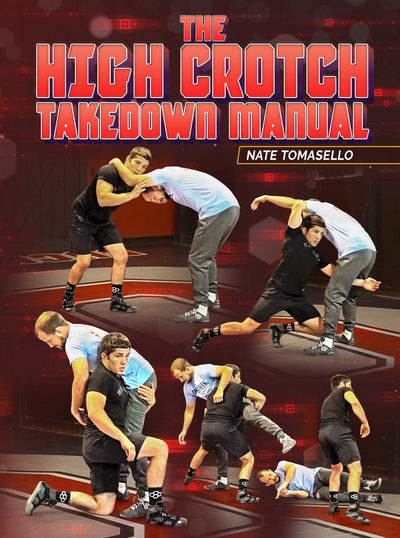Mastering the Rules of Wrestling
Wrestling, a sport steeped in technique, strategy, and physical prowess, operates within a structured set of rules and scoring systems. Understanding these rules not only enhances a wrestler's performance but also facilitates a deeper appreciation for the nuances within the sport.
Get the best wrestling resources at FanaticWrestling.com!
Understanding wrestling rules often involves familiarizing oneself with the specific terminology and regulations governing the sport. Wrestling terms, encompassing technical moves, scoring criteria, and match dynamics, are integral to comprehending the rules and strategies employed during matches. For beginners or those seeking to grasp the basics, resources like "Wrestling Rules for Dummies" serve as invaluable guides, offering simplified explanations and breakdowns of wrestling regulations. Moreover, wrestling scholarships, often tied to a wrestler's performance, adherence to rules, and success in competitions, encourage athletes to master the nuances of wrestling rules and terminologies, fostering both academic and athletic growth within the sport. The relationship between wrestling rules, terms, educational resources, and scholarship opportunities underscores the importance of comprehensive knowledge and adherence to regulations in the competitive landscape of wrestling.
Points in Wrestling: How to Secure Them
In wrestling, points serve as the fundamental currency of scoring, with various techniques and positions yielding different point values. Takedowns, considered one of the most crucial maneuvers, typically award two points for bringing an opponent from a standing position to the mat under control. Reversals, escapes from a disadvantaged position, and exposing an opponent's back to the mat for a specified duration earn two or more points, depending on the situation. Pins, where a wrestler holds both of the opponent's shoulders to the mat for a designated period, result in an immediate win and the highest point value.
5 Rules of Wrestling: Fundamental Guidelines
- Control and Dominance: Establishing control over an opponent is paramount, be it through takedowns, controlling positions, or maintaining dominance on the mat.
- Adherence to Weight Classes: Wrestlers compete within defined weight classes to ensure fair and competitive matchups.
- Fair Play and Sportsmanship: Wrestling demands adherence to ethical conduct, discouraging actions that endanger opponents or violate rules.
- Scoring Opportunities: Wrestlers must capitalize on scoring opportunities through effective techniques, takedowns, and positioning.
- Strategy and Adaptability: A wrestler's ability to adapt, strategize, and adjust tactics mid-match is crucial for success.
Wrestling Moves and Rules: Points Breakdown
In wrestling, specific moves, holds, and positions have assigned point values. For instance, a takedown, reversal, or exposure resulting in control earns two points each. A near fall, where a wrestler almost secures a pin, garners two or three points, depending on the duration. Technical violations, such as fleeing the mat or stalling, may result in penalty points for the opponent.
How Do Points in Wrestling Work?
Points accumulate throughout the match, rewarding successful maneuvers and positions. Wrestlers aim to secure these points through effective techniques, control, and strategic positioning. The wrestler with the highest point total at the match's conclusion secures the win.
Get the best wrestling resources at FanaticWrestling.com!
Understanding the intricacies of wrestling rules and scoring systems lays the groundwork for a wrestler's success. The diverse array of techniques, moves, and point values necessitates not only technical proficiency but also strategic acumen and adaptability on the mat. Mastery of wrestling rules empowers wrestlers to navigate matches with precision, finesse, and a strategic edge, essential for achieving victory in this dynamic and highly competitive sport.
Did you find the blog helpful? If so, consider checking out other guides:
- Unveiling the Storied History of Georgian Wrestling
- Exploring the Origins and Uniqueness of Folkstyle Wrestling
- Unveiling the Birth and Rise of AEW Wrestling
- Is Wrestling the Oldest Sport?
- An Overview of Wrestling Styles
- The Role and Impact of Heels in Wrestling
- Demystifying the Repechage in Wrestling
- Decoding "Over" in Wrestling
- Mastering Technical Superiority in Wrestling
- The Crucial Role of the ACL In Wrestling
- Unlocking the Wrestling Body
- The Path to Pro Wrestling Shape
- Arm Wrestler Workouts for Maximum Strength
- The Power of Resistance Band Workouts
- Wrestling Upper Body Workouts for Peak Performance











